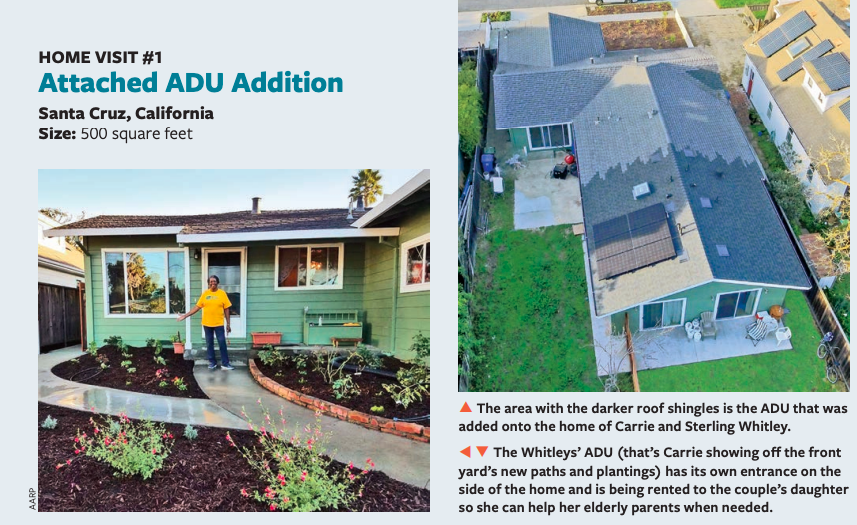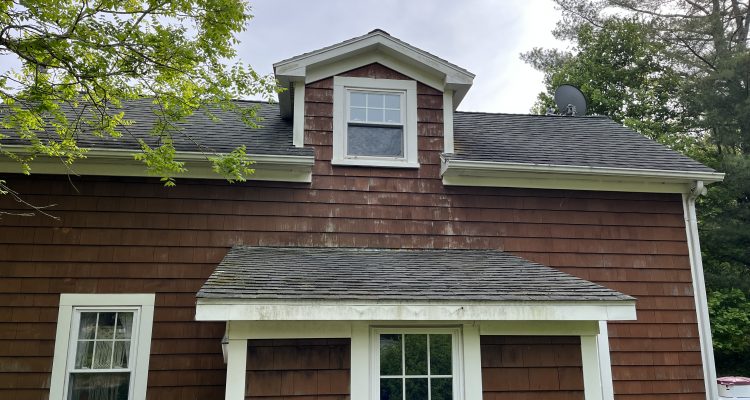Thank you to everyone who joined and submitted questions for our March 27, 2023 town hall meeting about housing issues and proposed state legislation. I posted the slides below.
What We Covered:
- AARP’s Matthew Netto talked about how Accessory Dwelling Units can help seniors, families, and young adults have flexible and affordable housing options (more details below).
- Russ Partridge from the WARM Center and Mark Gordon, the homeless liason for Westerly Public Schools, talked about their work to help people in the community who are experiencing housing insecurity. Russ said that in his years of service, he’s never seen a housing crisis this bad. The greatest increase in need for housing has come from seniors. Seniors who have lived in the community for decades are being forced out because of rising rents.
- Town Council Vice President Kevin Lowther talked about Westerly’s affordable housing plan, which is part of the Westerly comprehensive plan.
- Town Council President Ed Morrone talked about projects in the pipeline and the newly formed Westerly affordable housing committee.
Here’s a WesterlySun article recapping the event: https://www.thewesterlysun.com/news/westerly/forum-at-westerly-library-shines-light-on-housing-crunch/article_1f27bfa2-cd9f-11ed-ad99-d7e3dc543da9.html
Fast Facts on ADU’s (Accessory Dwelling Units):
- ADU’s Go by Many Names: Accessory Dwelling Units are known by various names around the world. They’re often called “granny flats,” “in-law suites,” “backyard cottages,” or “secondary suites.” They are defined as an independent living space with a kitchen and bath. Depending on local laws, an ADU could be created by renovating a garage/attic/basement, adding an addition to the house, or building a separate structure (“backyard cottage”). ADU’s are often invisible from view because they’re positioned behind or are tucked within a larger home
- Historical Roots: While ADU’s have gained popularity in recent years, they’re not a new concept. All around the world and in Rhode Island, they’ve been commonly used in many cultures as additional housing for extended families.
- Aging in Place: ADU’s are often used to accommodate aging family members. This allows older adults to maintain independence while having family support or hired nurses / caregivers on site.
- Environmental Benefits: Local laws typically require that ADU’s are smaller in size, making them more energy-efficient. Additionally, using ADU’s to fill housing needs can reduce the need for new construction and contribute to more sustainable development.
- Rental Income Potential: Many homeowners build ADUs as rental units to generate additional income. This extra income can help offset mortgage costs or provide a source of financial security. Note that RI legislative proposals in 2023 included a ban on using ADU’s for short-term rentals of 30 days or less.
More info at AARP’s “the ABC’s of ADU’s”: https://www.aarp.org/
Credit to HousingWorksRI for most of the slides in the presentation above and the housing data they provided.

